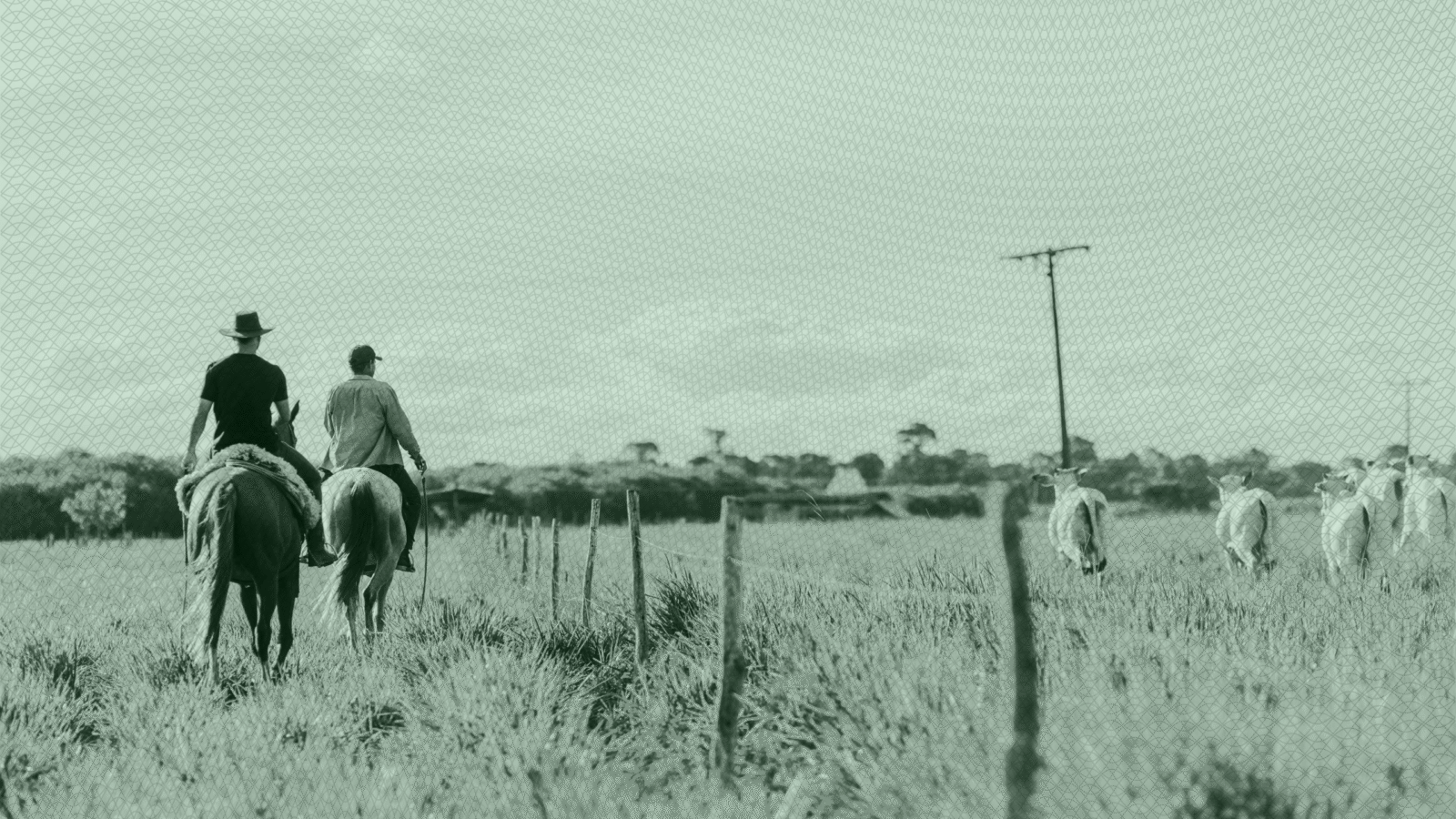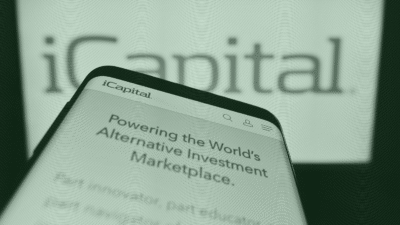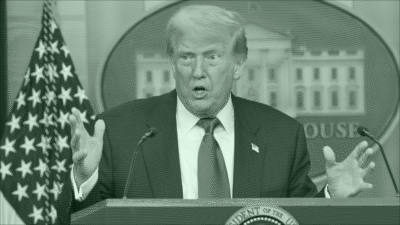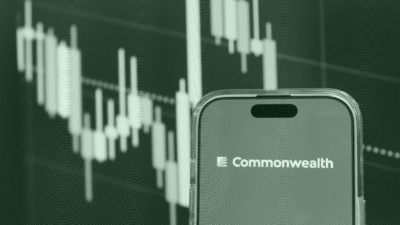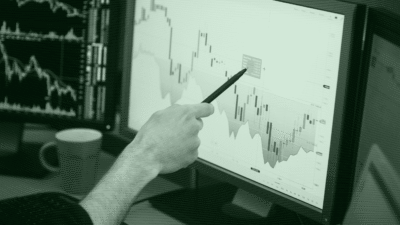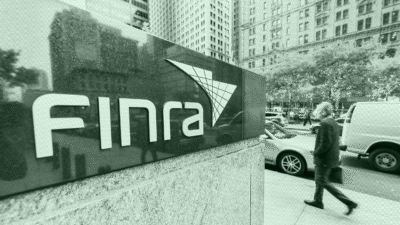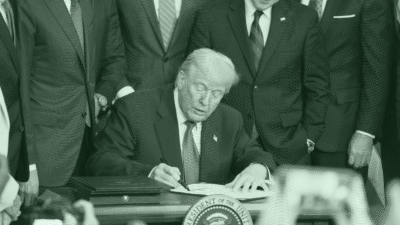Schwab’s Liz Ann Sonders on Little Birds and the ‘Temperamental Era’
The famed strategist believes the global economy has entered a new phase — and it could get quite a bit rocky.
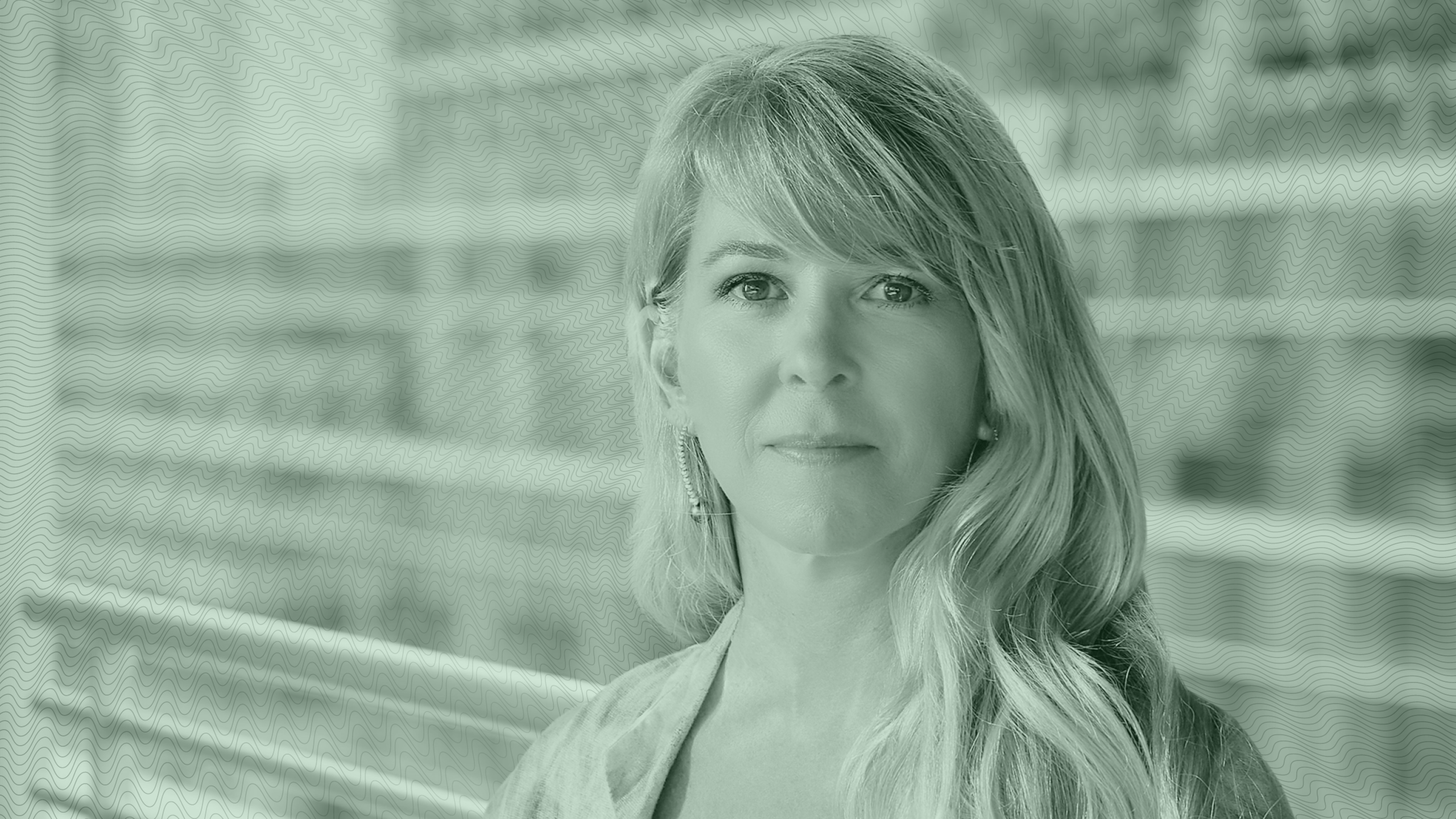
Sign up for market insights, wealth management practice essentials and industry updates.
As they say, everything in moderation.
With some notable exceptions, the last three decades have been largely smooth sailing for global markets, propped up by generally low inflation, milder volatility and fewer recessions. Starting in the early ‘90s, the so-called Great Moderation also benefited from globalization that offered lots of cheap labor. But for Liz Ann Sonders, Charles Schwab’s Chief Investment Strategist, the good times have come to an end. “It was an era of geopolitical stability and not a lot of economic uncertainty,” she said. “That’s decidedly in the rearview mirror.”
The new economic landscape is shaping up to look ominously similar to the volatile 1970s, a time that Sonders coined “The Temperamental Era.” The famed strategist is already seeing upticks in volatility across economic gauges, as well as an increase in wages. “I don’t know whether the name’s going to stick,” she said, “but I’m going to use it.”
Sonders sat down with Advisor Upside on the sidelines of the Schwab Impact conference on a rainy day in San Francisco.
AU: How can advisors prepare for a new ‘Temperamental Era?’
Sonders: Even smaller, individual investors don’t have to take a simplistic 60/40 approach anymore. There’s easy, abundant, and cheap access to broader asset classes — whether it’s commodities, currencies or alternatives. For advisors, that can help bring other asset classes into the mix and find those non-correlated relationships.
But if a little bird from the future landed on my shoulder and gave me a 95% probability of what equities and bonds were going to do … and I was talking to two different investors, I would tell those investors two entirely different things. We have to stop the cookie cutter-ing of asset allocation. From my perch, there’s no one right answer.
What’s nobody talking about?
It’s not what we know that matters. Everybody wants to try to know what the markets are going to do. I’m asked that all the time. The honest answer from anybody, even from a pontificator like I am, should always be: I don’t know. It doesn’t matter what you know, because it’s just guessing the future. What is never talked about, or even asked about, is the stuff that matters most.
A financial TV network has no interest in having me on to talk about the benefits of diversification within and across asset classes. And the beautiful discipline that is periodic rebalancing. It’s like: Snooze, snooze. Instead it’s about telling investors when to get in or get out — which neither getting in nor getting out is an investing strategy. That’s just gambling on two moments in time. The questions that everybody asks are the wrong questions.
How might the new administration impact the economy?
I have no idea … honestly. The tail risks this time around are more extreme than usual. For the most part, tariff and immigration policies — certainly things like deportation — can be done via executive order, so they don’t have to go through the Congressional approval process. What we don’t know is if we should take [Trump] at his word? It is really hard to argue against the notion that the combination of those two policies raises inflation and lowers growth.
We have to remember the trade war in 2018. It was sort of a trade policy by tweet. I would wake up every morning and go on my Twitter feed and say: ‘OK, what are we going to read today?’ So, we’re all at the mercy of unconventional policymaking.
